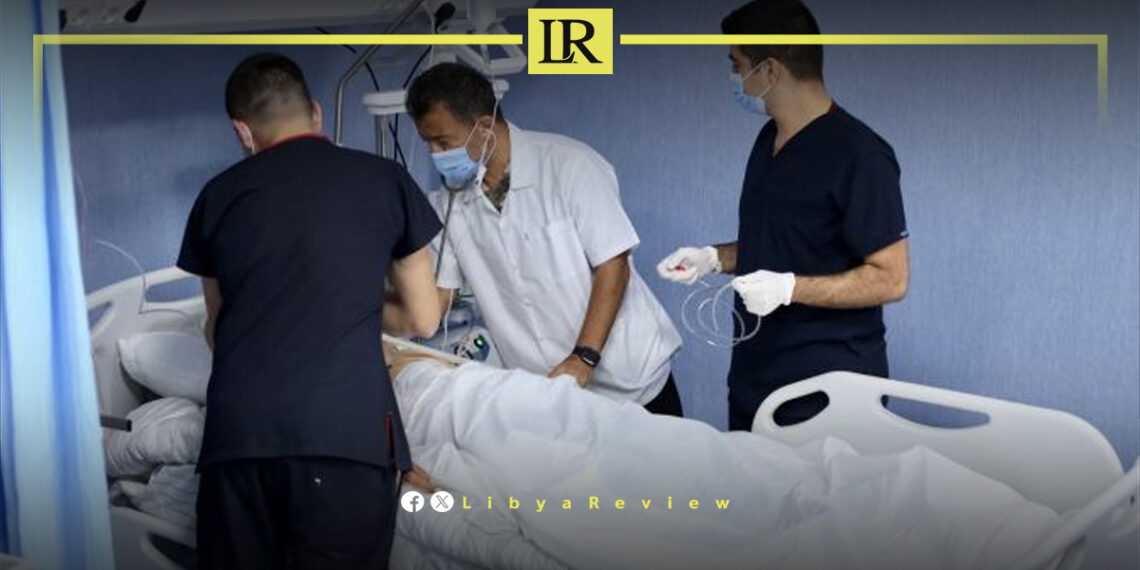A growing humanitarian crisis is threatening the lives of kidney patients in Libya as dialysis centres across the country face severe shortages in essential supplies. The National Centre for Cardiac Treatment and Surgery in Tajoura, east of Tripoli, has issued an urgent warning over the continued disruption of dialysis machine supplies — a lifeline for thousands of patients.
In a statement posted on its official Facebook page, the centre blamed the Medical Supply Authority, Libya’s sole provider of dialysis materials, for failing to deliver critical equipment. The delay, it said, is placing patients’ lives in immediate danger.
Government Inaction Deepens the Crisis
Despite repeated official communications, the centre has received no response from the Medical Supply Authority. The continued shortage risks a complete shutdown of dialysis services, exposing patients to life-threatening complications. The crisis has again exposed Libya’s fragile healthcare system and the lack of long-term government planning to address chronic medical shortages.
Hammouda Abu Dabbous, Head of the National Organ Donation Organisation, said that more than 90 dialysis units across Libya are operating under extremely dire conditions, with a severe shortage of materials and medications. “Patients are often forced to travel long distances just to access treatment, worsening their physical and mental health,” he noted.
Corruption and Mismanagement Worsen the Sector’s Collapse
Abu Dabbous accused authorities of mismanaging the crisis, delivering inconsistent and insufficient supplies. He stressed the need for a strategic stockpile to cover at least a year’s worth of dialysis needs. “Supplying just 30% of the requirement is not a solution — it simply resets the crisis with every depleted shipment,” he added.
Manal Kendi, the mother of a kidney patient, voiced her frustration over repeated government promises that fail to address the immediate suffering. She praised Libya’s medical professionals but questioned who is truly accountable for calming the fears of patients who constantly face interrupted treatment.
Meanwhile, the crisis has also uncovered corruption within the dialysis sector. In February, the Libyan Prosecutor General revealed that funds intended for dialysis centre maintenance had been diverted into personal accounts. In January, Abu Dabbous announced that over 170 kidney patients had died in 2024 alone — deaths he blamed on state neglect, despite more than 13 billion dinars spent on healthcare over the past three years.
As the crisis intensifies, the lives of Libya’s kidney patients remain in limbo — caught between unmet promises, delayed supplies, and a crumbling health infrastructure.


